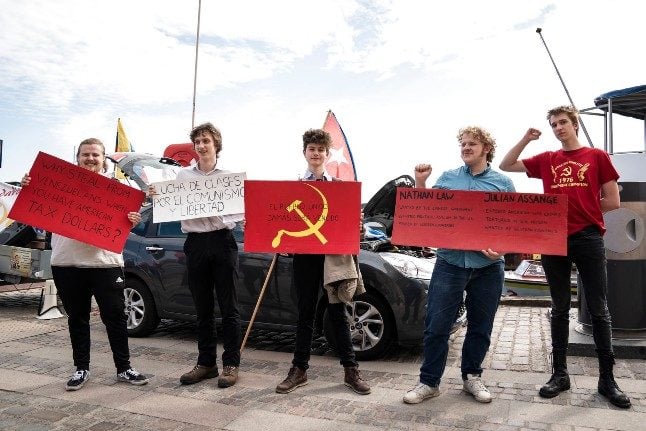“It naturally raises concern that the partners couldn’t get all the way to a definitive agreement,” Reinfeldt told reporters in the western city of Gothenburg, near Saab’s factory in Trollhättan.
“It is the owners and the management of Saab that must take this forward and find long-term financing. We in the government have done all we could to facilitate the process,” he said.
The Swedish government has repeatedly said it would not offer financial assistance to Saab.
The beleaguered carmaker was bought in January 2010 by Dutch firm Spyker after not turning a profit during 20 years under General Motors.
Its cash difficulties became evident in April when the Saab plant came to a halt “until further notice” because suppliers had halted deliveries over unpaid bills.
Saab’s rescue appeared to be near certain when earlier this month, Spyker announced China’s Hawtai would inject €150 million ($212.5 million) of urgently needed cash into Saab in exchange for a stake in Spyker.
But on Thursday Spyker said the deal was off “with immediate effect” because Hawtai Motor Group had been unable to obtain the green lights it needed.
“I fully understand that the workers at Saab are worried about their jobs and of course I hope for a positive resolution,” Reinfeldt said.
Swedish Enterprise Minister Maud Olofsson meanwhile said she was also concerned for staff and Saab’s suppliers, many of whom were forced to lay off employees when Saab’s assembly line came to a halt.
“I hope Victor Muller will succeed in his ambitions to find a new partner,” she said.
“Saab needs capital to get production going and pay its suppliers … a strong partner with plenty of capital and commitment is required,” she said.



 Please whitelist us to continue reading.
Please whitelist us to continue reading.
Member comments